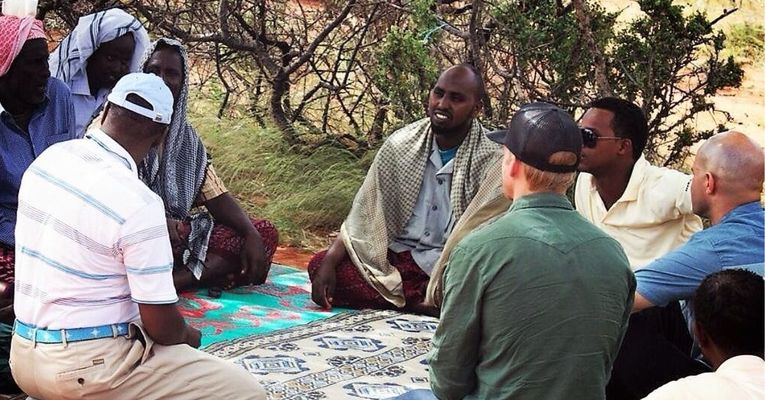|
Impact of the civil war on traditional governance institutions since 1991, traditional elders played a critically important role in mediating and regulating the interactions within and between local communities. While this was also the case under the government, their role extended significantly to fill the vacuum of authority created by the collapse of the state and the ensuing civil war and lawlessness. However the conflict dynamics in south-central Somalia also created powerful clan-based faction leaders who undermined the authority of the traditional clan leaders.
The top-down approach employed in internationally-sponsored peace processes reinforced this through their focus on armed faction leaders as primary interlocutors and “representatives” of their clan constituencies. Reconciliations relating to power-sharing emerged during and after the civil war period, focusing on formation or control of the local or regional administrations and strategic resources. The high stakes and number of players involved mean these initiatives present significant challenges to mediation. ISIR Consulting intends to be catalytic, which means that we are trying out risky approaches towards peacebuilding in central Somalia. |
ISIR ConsultingWe offer a wide range of services to clients in helping tackle, and address transition and development dilemmas, turning challenges into opportunities and engaging local communities to develop homegrown solutions to threats and challenges. Archives
December 2021
Categories |
Isir Consulting | All Rights Reserved | Designed by DreamBuilders Website Design


 RSS Feed
RSS Feed